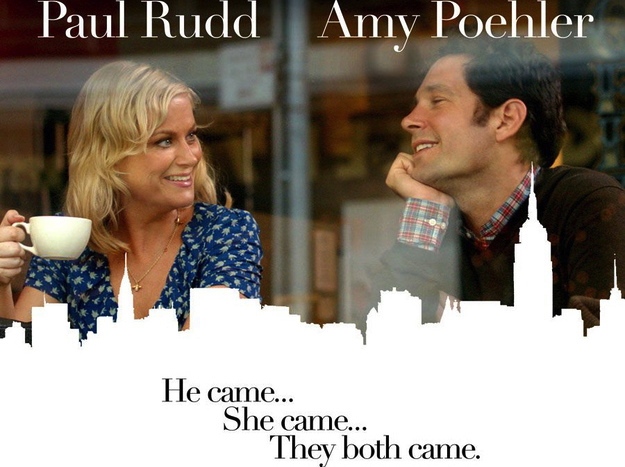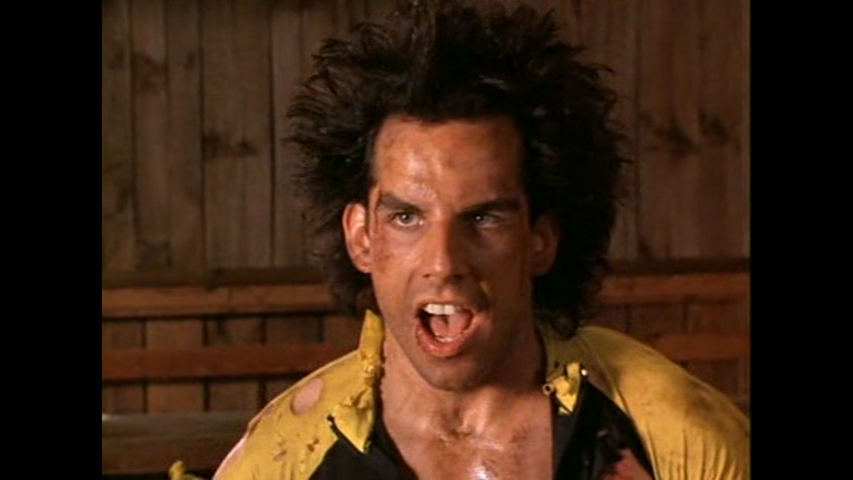Post-Feminist Rom-Coms and the Existing Female in ‘Trainwreck’ and ‘Legally Blonde’
In the post-feminist romantic comedy, female characters transition from being non-existent objects, into existing, as subjects, in the course of love. … In ‘Trainwreck,’ Amy begins the film as a subject, but ends as an object. Amy’s opposition becomes submission to male desires, for a man, which erases her. In ‘Legally Blonde,’ Elle begins as object, but ends the film as subject. Initially, the gaze of the camera and the characters objectify Elle’s body. But eventually, Elle demonstrates her worth and success outside of male desires and ultimately finds love.











